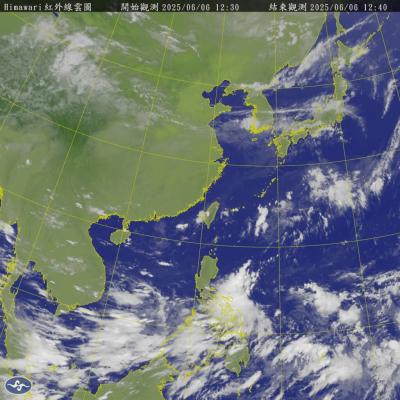The Supreme Court yesterday upheld a seven-year jail sentence for corruption for Hualien County Councilor Chen Ying-mei (陳英妹) of the Chinese Nationalist Party (KMT) in the final verdict in the case, which began in 2010.
Chen, 71, was also deprived of her civil rights for five years, and prohibited from running for office.
Chen, from the Amis Lacihakan Community in Rueisui Township (瑞穗), has been a councilor since 2005.
The case involved civic projects in 2006 and 2007 — public tenders for government buildings and an Aboriginal cultural hall in Jian Township (吉安), and a procurement program for a school in Guangfu Township (光復), with a total budget of NT$8 million (US$281,027 at the current exchange rate).
Chen was indicted in 2010 on charges of contravening the Anti-Corruption Act (貪污治罪條例), including bid-rigging, colluding with contractors and taking bribes.
She was accused of colluding with local officials, and demanding NT$1.3 million in kickbacks from a contractor surnamed Lin (林) for the Jian Township projects, and NT$530,000 for the Guangfu Township school procurement.
The Hualien District Court in 2012 found Chen guilty and sentenced her to 12 years in prison.
A second ruling by the High Court in 2014 upheld the 12-year sentence.
Chen appealed the second ruling and in 2019, the High Court found her guilty of one count of taking a bribe — in the Guangfu school project — and reduced the sentence to seven years.
Meanwhile, two former mayors of Pingtung County’s Linluo Township (麟洛) — Lee Hsin-huang (李新煌) and Tsai Chih-ho (蔡志和) — were yesterday sentenced to seven and eight years respectively on corruption charges in another final ruling.
Lee, of the Democratic Progressive Party, served as mayor from 2006 to 2014, and Tsai, who had been Lee’s chief secretary, served as mayor from 2014 to 2017.
They were convicted of demanding kickbacks of 5 to 15 percent of public infrastructure projects, receiving a total of NT$7.1 million.

STAY AWAY: An official said people should avoid disturbing snakes, as most do not actively attack humans, but would react defensively if threatened Taitung County authorities yesterday urged the public to stay vigilant and avoid disturbing snakes in the wild, following five reported snakebite cases in the county so far this year. Taitung County Fire Department secretary Lin Chien-cheng (林建誠) said two of the cases were in Donghe Township (東河) and involved the Taiwan habus, one person was bit by a Chinese pit viper near the South Link Railway and the remaining two were caused by unidentified snakes. He advised residents near fields to be cautious of snakes hiding in shady indoor areas, especially when entering or leaving their homes at night. In case of a

A tropical disturbance off the southeastern coast of the Philippines might become the first typhoon of the western Pacific typhoon season, the Central Weather Administration (CWA) said. The system lacks a visible center and how it would develop is only likely to become clear on Sunday or Monday, the CWA said, adding that it was not yet possible to forecast the potential typhoon's effect on Taiwan. The American Meteorological Society defines a tropical disturbance as a system made up of showers and thunderstorms that lasts for at least 24 hours and does not have closed wind circulation.

ENERGY RESILIENCE: Although Alaska is open for investments, Taiwan is sourcing its gas from the Middle East, and the sea routes carry risks, Ho Cheng-hui said US government officials’ high-profile reception of a Taiwanese representative at the Alaska Sustainable Energy Conference indicated the emergence of an Indo-Pacific energy resilience alliance, an academic said. Presidential Office Secretary-General Pan Men-an (潘孟安) attended the conference in Alaska on Thursday last week at the invitation of the US government. Pan visited oil and gas facilities with senior US officials, including US Secretary of the Interior Doug Burgum, US Secretary of Energy Chris Wright, Alaska Governor Mike Dunleavy and US Senator Daniel Sullivan. Pan attending the conference on behalf of President William Lai (賴清德) shows a significant elevation in diplomatic representation,

Credit departments of farmers’ and fishers’ associations blocked a total of more than NT$180 million (US$6.01 million) from being lost to scams last year, National Police Agency (NPA) data showed. The Agricultural Finance Agency (AFA) said last week that staff of farmers’ and fishers’ associations’ credit departments are required to implement fraud prevention measures when they serve clients at the counter. They would ask clients about personal financial management activities whenever they suspect there might be a fraud situation, and would immediately report the incident to local authorities, which would send police officers to the site to help, it said. NPA data showed